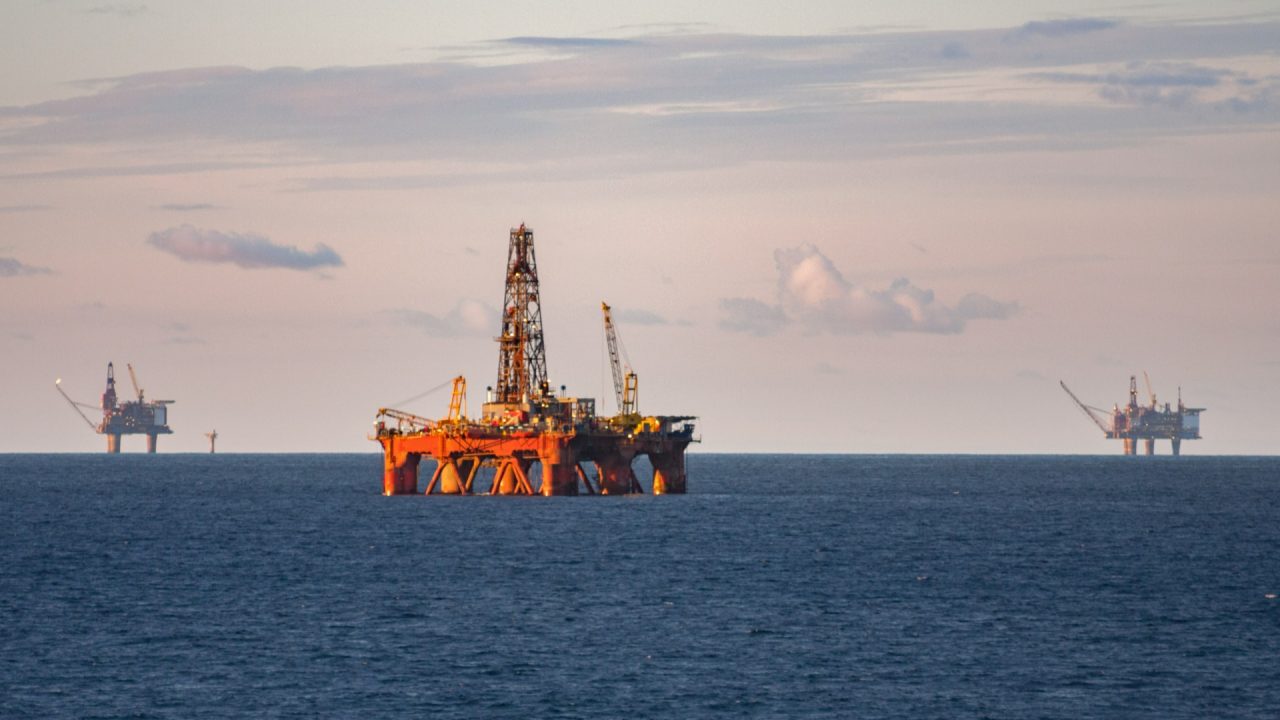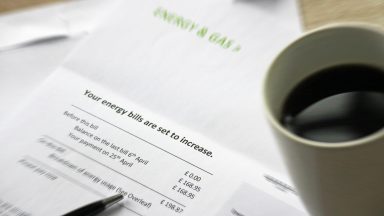The UK will become more reliant on imports of oil and gas in the coming years unless investment is made in the North Sea, according to a new report.
The Business Outlook from Offshore Energies UK (OEUK) shows the UK used more gas from Norway than it did from the North Sea last year.
It also states that around 80% of UK gas supplies and more than 70% of oil will come from other countries by the end of the decade if more investment isn’t made.
Ross Dornan from OEUK said: “Now we see gas imports from Norway into the UK are higher than the amount of gas actually produced here in the UK.
“It’s another milestone in the maturity of the basin.
“What it means though is our largest gas source is not controlled by the UK and we are as reliant on the performance of Norwegian infrastructure and fields as we are on our own fields.
“We need to unlock new investment in our gas resources to try and tip that balance again.”
The report says that without investment in infrastructure then production could fall by up to 15% a year in the North Sea.
It says: “Investment in the oil and gas sector has fallen from about £16bn a year in 2014 to £5.5bn in 2019 and a predicted £4bn this year.”
The report blames a ‘complex regulatory environment’ and ‘political disagreements’ around climate change and windfall tax to putting off firms.
Although there will be a decline in demand for oil and gas in the coming years the report highlights UK Government figures which says it will meet 65% of energy needs to 2037 and around half to 2050.
It is expected that 10 fields will start up in 2022 and early 2023.
The invasion of Ukraine by Russia has caused volatility in the energy market.
The oil price surged in the initial aftermath of the start of the conflict, at one point reaching $139 a barrel.
That has also filtered on the forecourts will record high petrol and diesel prices forcing the Chancellor to announce a cut in fuel duty last week in the Spring statement.
Wholesale prices have seen similarly extreme highs with the price closing at around £6 per therm earlier this month.
Environmental groups have called for a push towards renewables with more investment made in the growing sector.
They say that consumers are facing record high energy bills and that greener domestic sources of energy could help bring those costs down.
OEUK say the industry is committed to helping cut emissions and increase the use of technologies such as wind, solar, tidal and carbon capture.
Scottish Green economy spokeswoman and North East Scotland MSP Maggie Chapman said: “The oil and gas industry spent decades denying the climate crisis, and now they are simply ignoring it by attempting to double down on fossil fuel extraction.
“The UK Government should slap a windfall tax on the huge profits of these energy giants, not give them carte blanche to continue wrecking the planet and fleecing their customers.
“Rather than invest in more oil and gas that funding should be directed to develop Scotland’s huge renewable energy potential and focus on reducing demand through retrofitting and insulation schemes, which are the best ways to secure our energy supply and keep household
Follow STV News on WhatsApp
Scan the QR code on your mobile device for all the latest news from around the country


 iStock
iStock
























